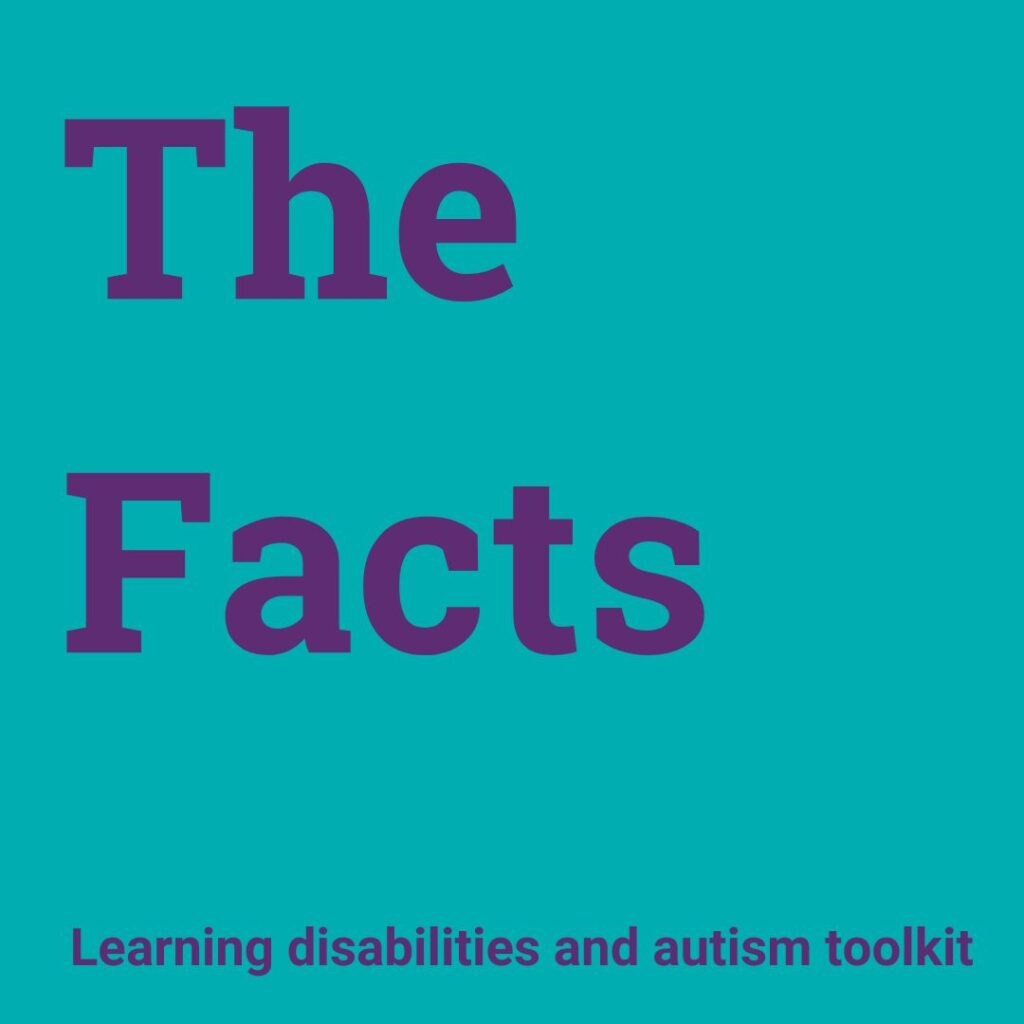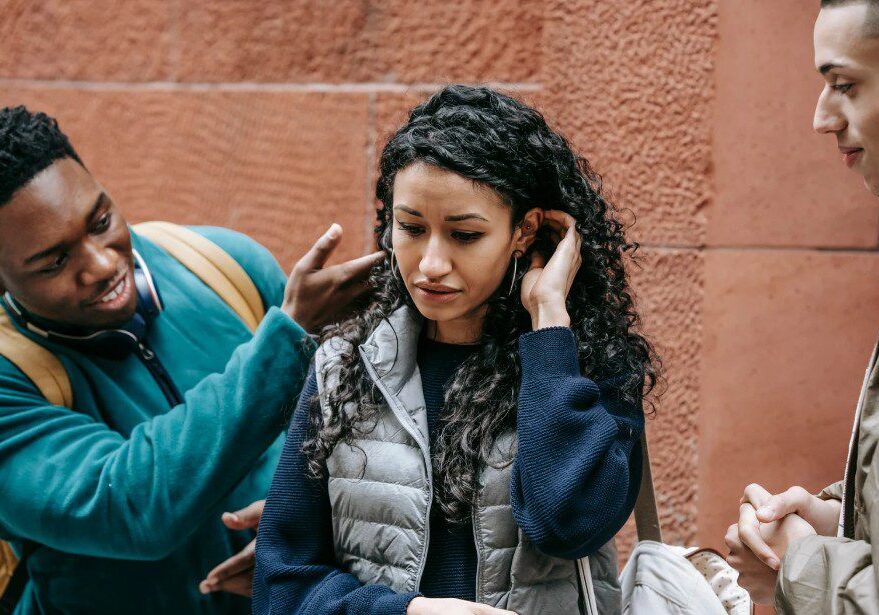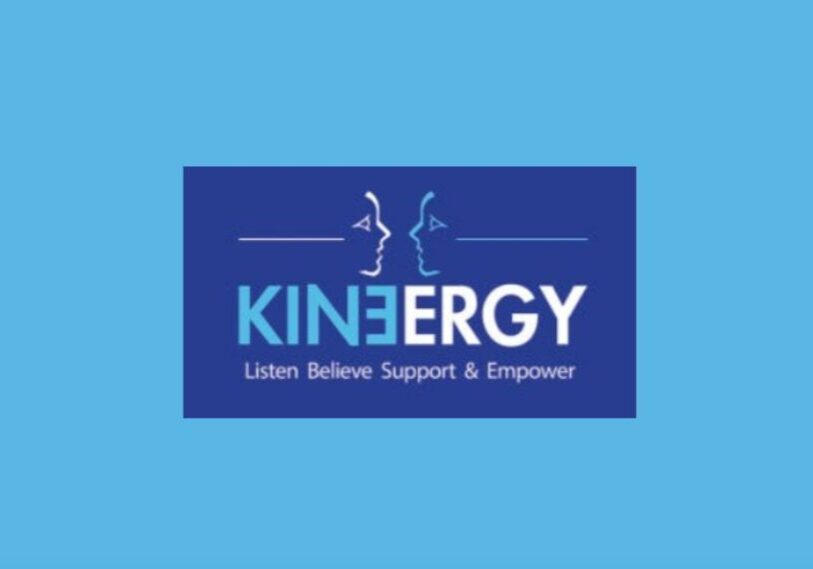
Sexual violence – the facts
Anyone can experience rape or sexual abuse at any point in their lives.
Sexual violence is any kind of sexual activity or act (including online) that is unwanted. It includes but is not limited to one or more of the following:
• pressure
• manipulation
• bullying
• intimidation
• threats
• deception
• force.
Research suggests that people with a learning disability are at much greater risk of sexual abuse and assault than the general population. Studies show that the incidence of abuse among people with disabilities is as much as four times higher than it is among the non-disabled population.” (Mencap, Behind Closed Doors report (2001)
Recent studies also show that autistic people may be up to three times as likely as their neurotypical counterparts to experience bullying, and physical or sexual abuse. (Enhance the UK, Neurodiversity and Abuse, December 2022).
Many autistic people and people with learning disabilities face additional barriers to seeking support and/or reporting incidents of sexual violence. These can include but are not limited to:
- feeling ashamed and believing they have done something wrong
- feeling worried that they will get into trouble
- not knowing who to tell or what support is available
- difficulty communicating what has happened
- limited understanding of sex education and understanding what has happened was wrong
- limited understanding of consent and the right to say no
- fear of the police or reporting to police and not being believed as a credible or reliable witness (sadly this fear is often grounded in reality).
People who face multiple types of discrimination, like racism, homophobia, or ableism, might struggle to talk about sexual violence because they’re unsure which part of their experience to focus on.
Useful resources
More information
The latest from our news and blogs

Be the change: how to be an Active Bystander
We can all be bystanders. Every day events unfold around us. At some point, we will register someone in danger. When this happens, we can decide to do or say something (and become an active bystander), or to let it go (and remain a passive bystander).

Kinergy closure statement
We are deeply saddened by the closure of Kinergy, an organisation that has provided invaluable support to survivors of sexual violence for nearly 30 years.

The power of creativity in healing: songs of survival
Recently, two people reached out to us independently, each having recorded a song about their personal experiences of sexual violence. Their powerful and deeply moving songs serve as a testament to resilience, and we’re honoured they asked us to share their work.










